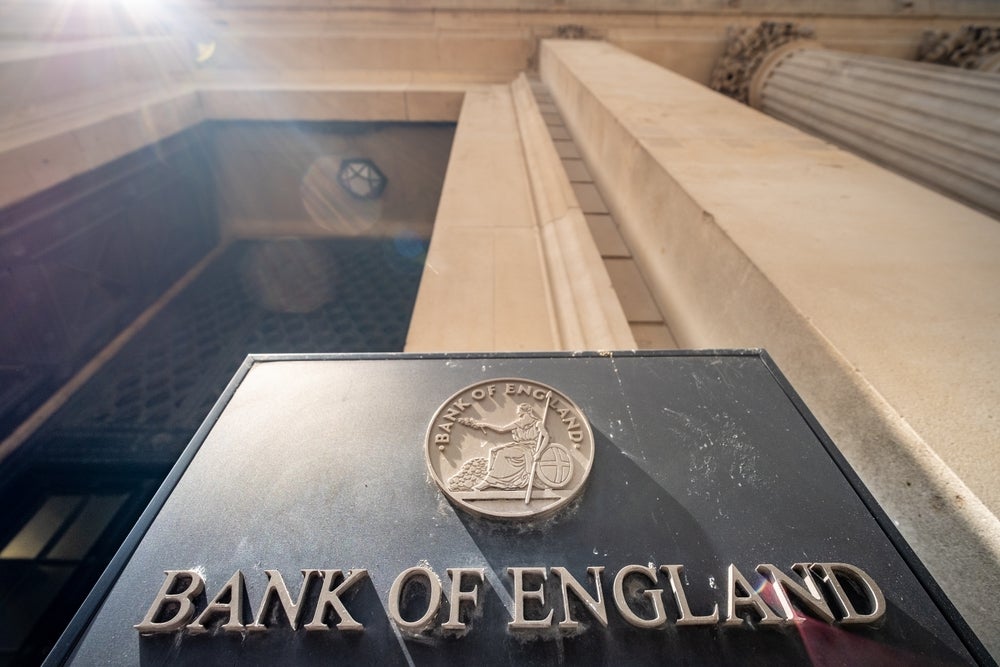
Few people can have failed to feel the effects of inflation and the consistent increases in the Bank of England base rate over the last couple of years. Families and younger people may have been feeling the pain as their mortgage rates increase, and landlords may have also increased rent to reflect the increasing cost of borrowing. Younger people have also eaten into their meagre savings as the cost of living rises astronomically.
Amongst those who have benefitted most are individuals with substantial savings and limited debt. Recent research has suggested that the over 55s hold, on average, over three times more in savings than the under 44s. This suggests it is predominantly older people who are now able to enjoy this generous increase in savings income, potentially alongside an increase in the state pension. While elderly savers may be more eager in opening their bank statements, and younger people are glancing in fear at their mortgage statements, the unexpected winners are HMRC.
£3.57 billion of savings income was collectively reported on UK taxpayers’ self-assessment tax returns in the year 2020/21. For most of that year, the Official Bank Rate stood at 0.1%. This reportedly led to a trend of people moving their money out of individual savings accounts (ISAs) and into regular savings accounts promising slightly higher returns. In 2022/23, the Bank of England implemented multiple increases in the base rate, reaching 4.25% by the end of the tax year. The base rate was increased to 4.5% in May 2023, a rate not seen since October 2008, and further increases are expected over the summer of 2023.
Even at the modest end of the scale, average rates on instant access accounts have increased by more than 1,600% when you compare the rates on offer throughout the 2020/21 year with the rates available on 31 May 2023. With this comes a potentially substantial increase in HMRC’s tax take. For simplicity, let’s ignore the impact of the personal savings allowance and assume that both the vast majority of Britons’ total savings were held in instant access accounts and that the amounts in accounts are at a similar level now to as they were in 2020/21. In these circumstances, an increase in savings rates by this amount could result in HMRC receiving a windfall of more than £15 billion in 2023/24 on savings income simply as a result of the increase in interest rates.
It could even be higher as the additional savings income could result in taxpayers being dragged into higher rates of income tax and incurring other tax charges, such as the high income child benefit charge. Given that the average ISA rates are also rising in line with the base rate, might we see a surge of taxpayers moving their money to a cash ISA to take their inflated interest back out of HMRC’s hands? Savers should take action now and consider whether it makes sense for them to utilise their ISA allowance.
Dividend income in 2022 from UK listed firms also increased by a reported 16.5% over and above the payments made in 2021. If this continues and is replicated in private businesses, HMRC could be gearing up to record a bumper year for tax takings.
The bumper receipts on savings could, of course, be offset by falling tax receipts in other areas such as VAT in due course as consumers cut back on their spending. The chancellor will of course be hoping that the Bank of England will be able to curb inflation soon but with interest rates looking unlikely to return to their record lows, HMRC may be hanging on to some of these additional saving income revenues for some time.
How well do you really know your competitors?
Access the most comprehensive Company Profiles on the market, powered by GlobalData. Save hours of research. Gain competitive edge.

Thank you!
Your download email will arrive shortly
Not ready to buy yet? Download a free sample
We are confident about the unique quality of our Company Profiles. However, we want you to make the most beneficial decision for your business, so we offer a free sample that you can download by submitting the below form
By GlobalData





